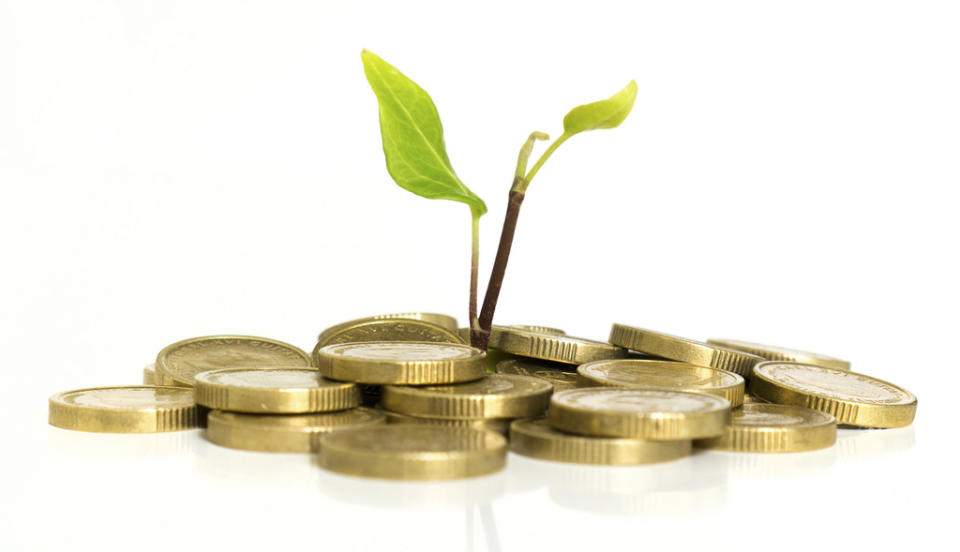Is Parkland Fuel Corp. (TSX:PKI) Canada’s Best Growth Stock?

During times of strong economic activity, it is advisable for investors to boost their exposure to growth stocks. One such company that has been expanding at a rapid clip and offers considerable upside is Parkland Fuel Corp. (TSX:PKI).
Now what?
Parkland is Canada’s largest and one of North America’s fastest-growing independent marketers as well as distributors of fuels and petroleum products. Since the first quarter 2013, through a combination of acquisitions and organic growth initiatives, Parkland’s EBITDA has more than doubled to a record $153 million for the first quarter 2018.
A large portion of that growth came from the company’s retail business, which supports and supplies a network of 1,851 retail gas stations in Canada. For the first quarter, that segment’s gross profit grew by 50% year over year, while same-store sales growth was 0.1% compared to -1.4% a year earlier. That marked improvement was driven by a range of initiatives, including the implementation of a strategic marketing plan and the roll-out of Parkland’s proprietary private label brand “59th Street Food Co.”
Another major growth driver was Parkland’s supply segment, which operates the Burnaby Refinery that was acquired as part of the deal to purchase Chevron Corporation’s Canadian downstream fuel business in 2017. That business’s first-quarter adjusted gross profit more than tripled compared to the same period in 2017 to $153 million.
Impressively, that considerable earnings growth occurred despite the Burnaby Refinery turnaround, which took the refinery offline and saw it report an extremely low quarterly utilization rate of 33%. Now that the revamp is complete and the refinery is back online and fully operational, that utilization rate will expand exponentially. When combined with higher commodity prices and ongoing cost reductions, it will give the supply segment’s earnings a solid lift.
Overall corporate costs, which, for the first quarter, more than doubled, should also fall significantly over the remainder of 2018 and into 2019, as the integration of Parkland’s 2017 acquisitions are completed.
Another important aspect associated with the integration of those assets is that it will allow Parkland to drive greater synergies. The company expects create $44 million in synergies during 2018 and that these will grow to around $80 million annually by 2020. This will give Parkland’s bottom line a healthy bump.
Because of the business’s strong first-quarter performance and the growing value of the synergies being unlocked, Parkland revised its 2018 guidance upwards, projecting that annual EBITDA will be $650 million instead of the $600 million originally forecast. If achieved that represents a massive 56% growth in EBITDA when compared to Parkland’s record 2017 results. Such substantial growth will act as a powerful tailwind for the company’s stock, which, over the last year, has only gained 6%.
So what?
Parkland is a rapidly growing company that is in the process of unlocking considerable value from its latest acquisitions, which will give earnings, and hence its market value, a solid lift. While investors wait for that to occur, they will be rewarded by its sustainable monthly dividend, which Parkland has hiked for the last six years to see it yielding just under 4%.
More reading
4 Great Investments That Will Provide You With Monthly Income
Free investor brief: Our 3 top SELL recommendations for 2018
Retirees: How You Can Earn $700 a Month in Dividends With Less Than $100k in Savings
Fool contributor Matt Smith has no position in any stocks mentioned.

 Yahoo Finance
Yahoo Finance 